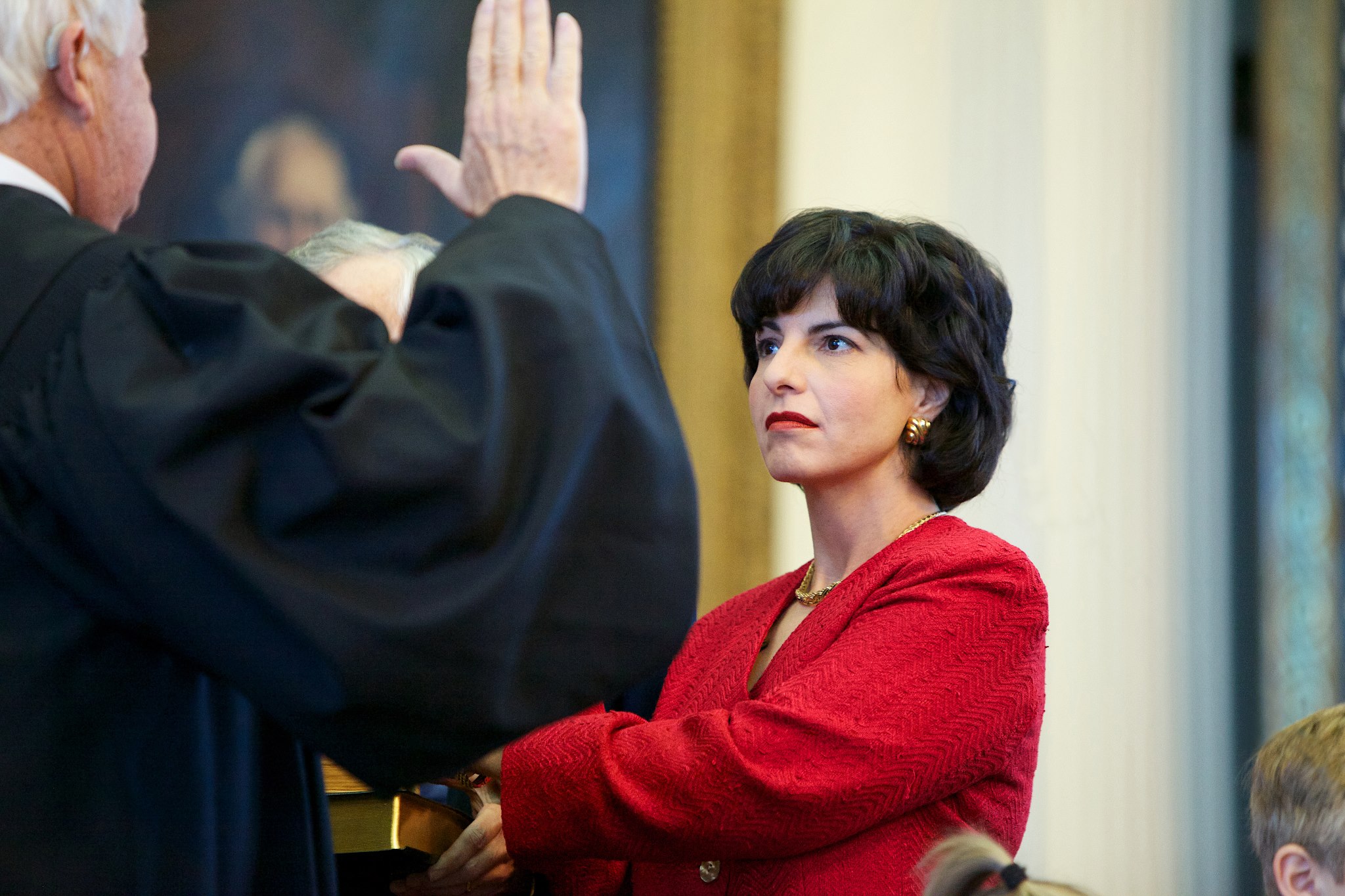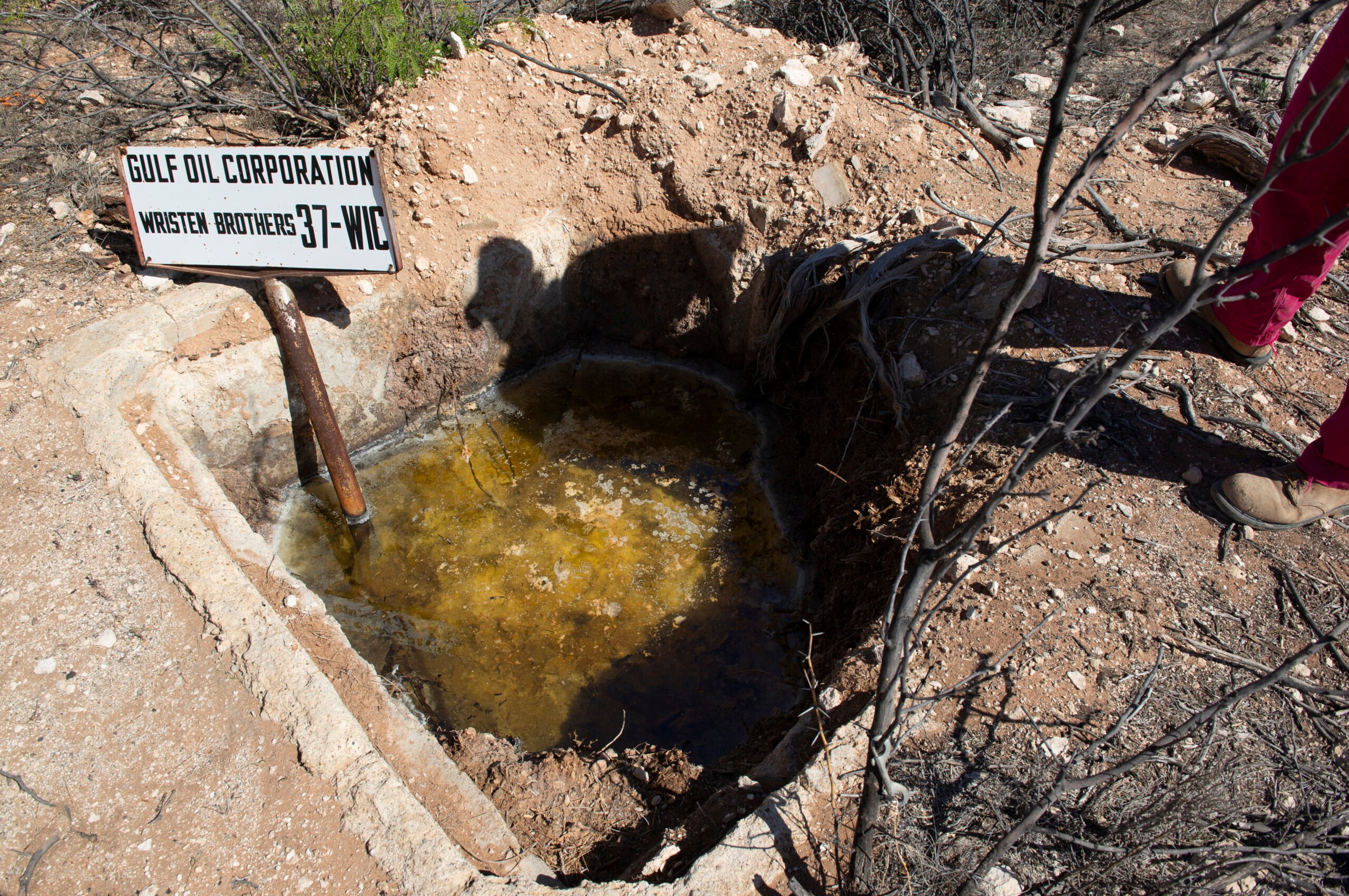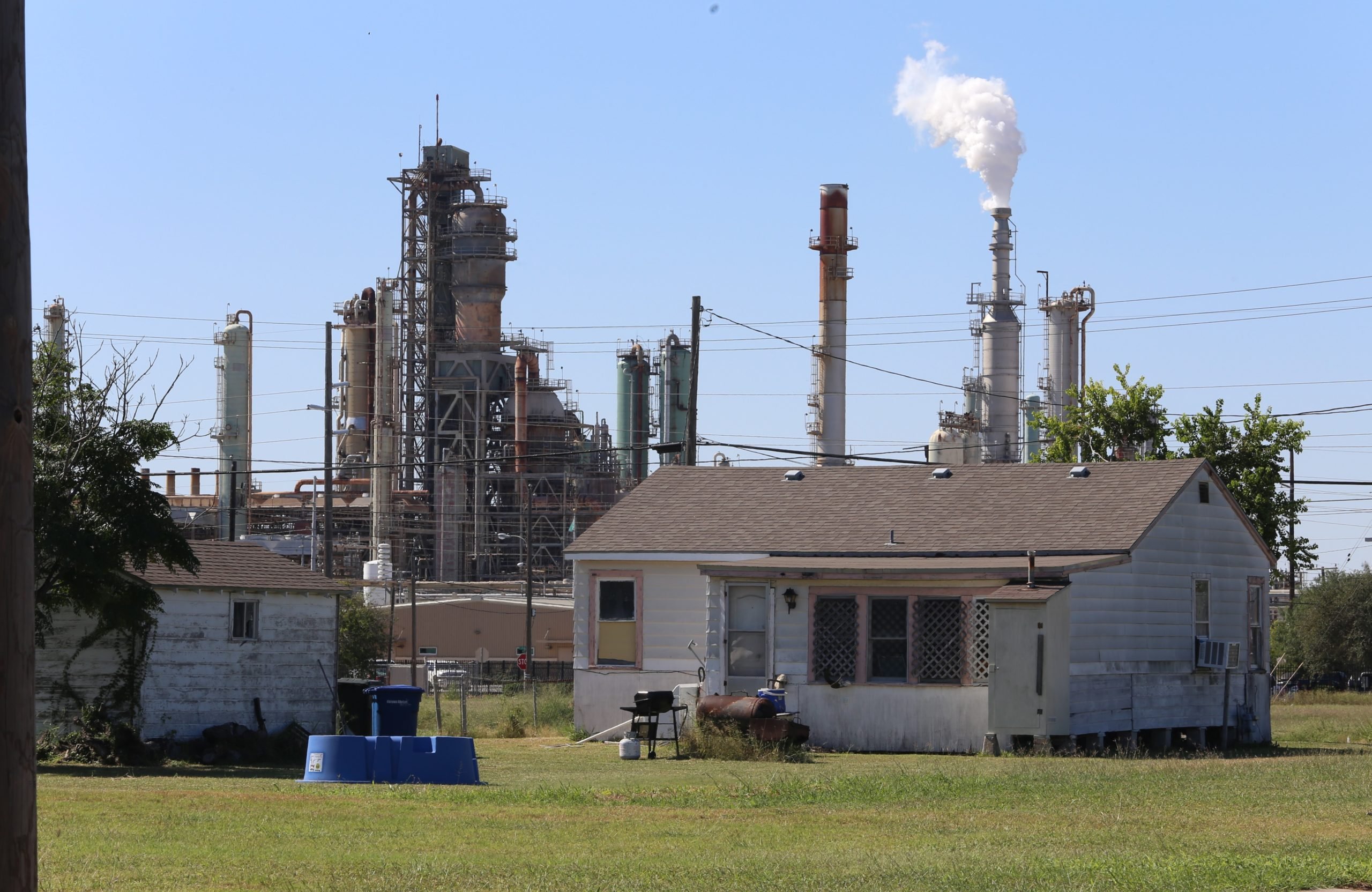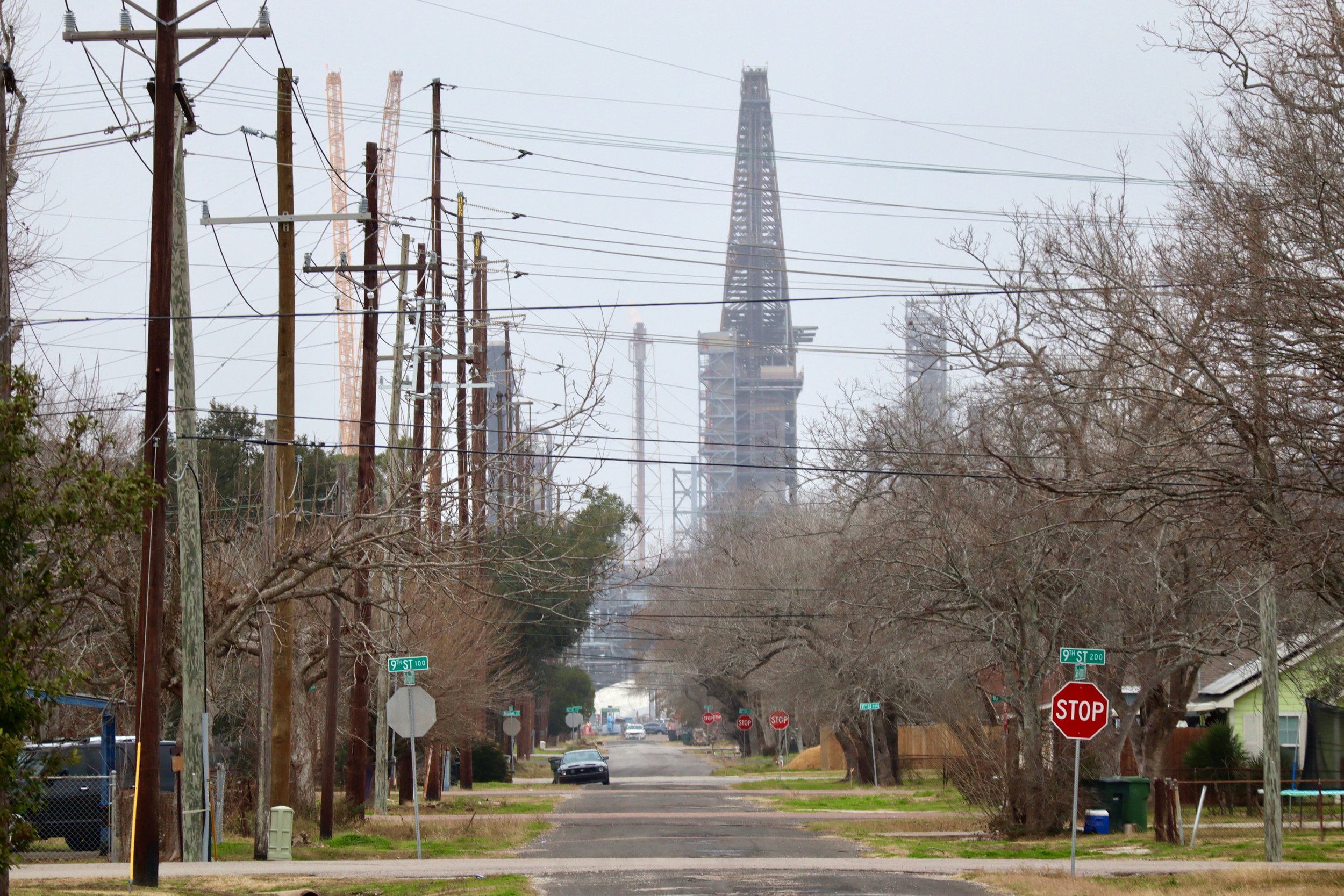Anti-Federal Sentiment Dominates Discussion of Texas Oil and Gas Industry

The newest member of the Texas Railroad Commission, Christi Craddick, took to the podium at the Texas Public Policy Foundation’s big Austin policy confab on Thursday with a simple, oft-repeated message: Federal hands off the oil and gas business!
Texas knows how energy regulation is done, Craddick said. “People ought to be modeling themselves after us, instead of Pennsylvania or the EPA.”
The Railroad Commission regulates (nominally, some would say) the oil and gas industry, alternative fuel research, gas utilities, surface mining and pipeline industries. (It has nothing to do with railroads anymore.) But the agency’s leaders often function more as cheerleaders than regulators.
The title of the panel, “Unleashing the Texas Energy Colossus” is slightly inaccurate, said panelist John Hays, a San Antonio attorney and former administrative law judge with the commission. “The colossus is already unleashed,” he said. “The unleashing has been going on for years…The biggest question is whether we will do those sorts of things that will shackle it.”
Texas is the leading natural gas and crude-oil producer in the United States. Fracking has unleashed a bonanza of fresh plays over the last decade in North Texas’ Barnett Shale and South Texas Eagleford Shale.
But according to Hays, President Obama and some like-minded lawmakers in Texas are ready to undo all that Texas legislators and agencies have done to keep the state’s energy industry a free enterprise system.
(It’s worth nothing that many of TPPF’s funders are fossil fuel interests, including ExxonMobil, Chevron, Devon Energy and Koch Industries.)
The panelists said that the potential effect of federal intervention could result in the loss of jobs, money, and Texas’ well-earned “authority” to make its own regulatory decisions. But isn’t domestic oil and gas production at an all-time high under Obama?
There’s no big regulatory crackdown as of yet, Kathleen Hartnett White of TPPF said. “But it is starting. I think under state authority we can protect the environment better. And, of course, we can balance the economics,” she said. “Preserving state authority through the Railroad Commission and through [the Texas Commission on Environmental Quality] is paramount.”
“The economic pie is bigger,” Hartnett said. “It’s not redistributed, it’s bigger.” To the conservative members of the panel—and their energy industry-backed think-tank—a bigger pie means larger slices for public education and Texas government.
The Railroad Commission is currently under sunset review, the every decade-or-so process of reviewing state agencies for efficiency. A reform bill that would’ve strengthened the commission, and changed its name to the Oil & Gas Commission, failed last session.


